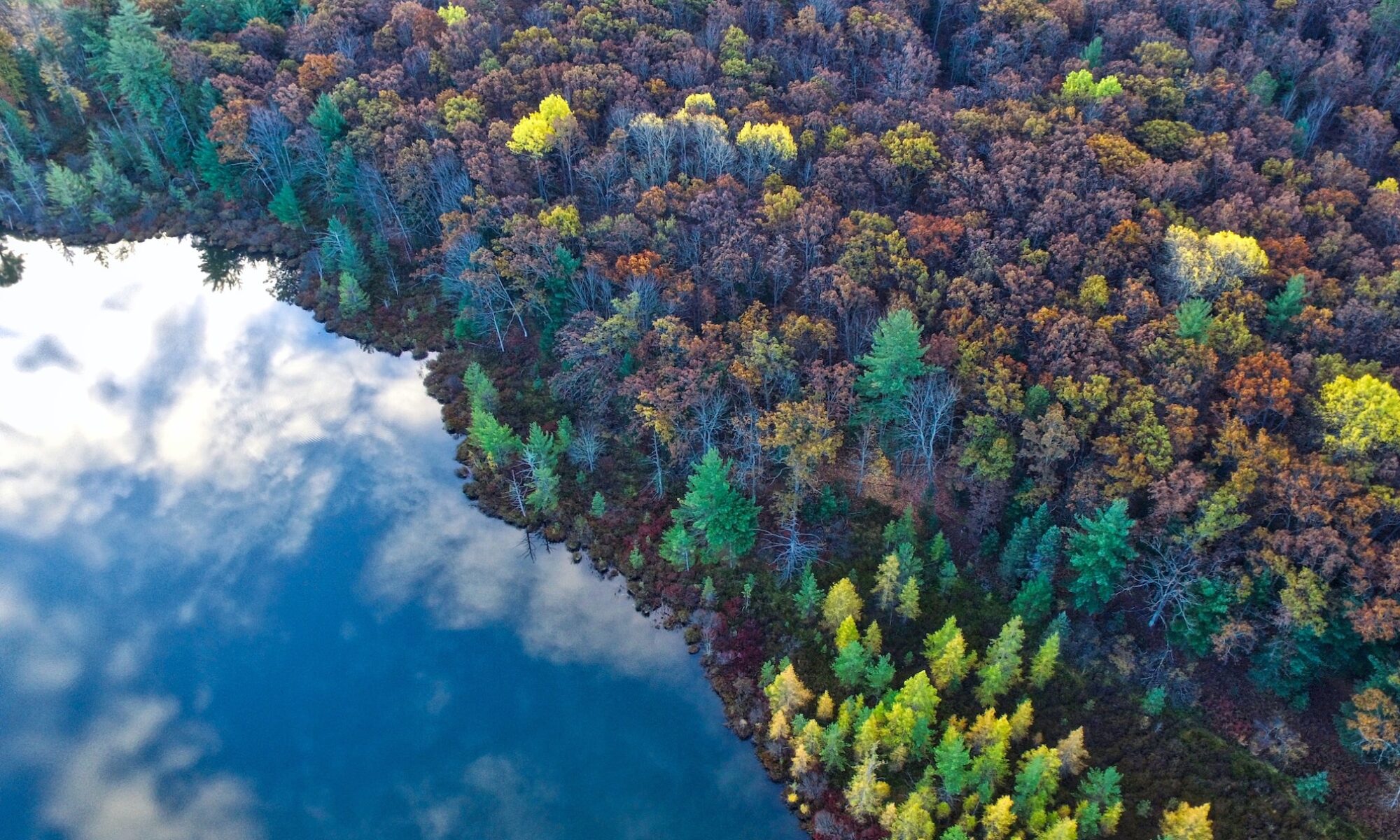Date: 22 September 2022
Court: United Nations Human Rights Committee
Citation: Views adopted by the Committee under Article 5 (4) of the Optional Protocol, concerning Communication No. 3624/2019
Short summary
The indigenous minority group of four low-lying islands in the Torres Strait region, one of the most vulnerable populations to climate change impacts, filed a petition against the Australian government alleging a violation of articles 2, 6, 17, 24 and 27 of the International Covenant on Civil and Political Rights (ICCPR) due to Australia’s failure to implement measures for mitigation and adaptation to climate change, threatening habitability on the islands and displacement of the Torres Strait Islanders. In finding a violation of articles 17 and 27, the Committee requires Australia to make full reparation to individuals, providing adequate compensation, engaging in meaningful consultation with affected communities for assessment and continue implementing strategies for the safe existence of the islands and their inhabitants.
Summary by: Irene Sacchetti
Click here to open the case in PDF format
Weight of decision
Though not legally binding, for the first time the Committee ascertains State’s responsibility for climate inaction leading to a violation of multiple rights, including cultural rights under the ICCPR.
Key facts
The petitioners’ claims were based on Australia’s failure to implement adaptation strategies (e.g., infrastructure such as sea walls) and mitigation measures to reduce GHG emissions to combat adverse climate change impacts. They argued that sea level rise — already causing coastal erosion – flooding, and the destruction of marine ecosystems and resources all result in violations of Islanders’ rights to life and a healthy environment (article 6), home (article 17), practice cultural traditions on ancestral land (article 27) and intergenerational equity (article 24).
Citing the Teitiota decision, Australia responded that the petitioners “invoke a risk that has not yet materialized” and that “the State party is taking adaptation measures in the Torres Strait, thus rendering the harm invoked by the authors too remote to demonstrate a violation of the right to life.”
The Committee was asked to determine whether Australia violated the Covenant by failing to implement adaptation and/or mitigation measures to combat adverse climate change impacts within its territory resulting in harms to the authors’ rights.
Previous instances
None: The petitioners’ rights under the ICCPR are neither protected by the Australia Constitution nor other domestic legislation – and the highest Court in Australia has ruled that the state have a duty of care to prevent environmental harm – so this was a case of first impression before the Committee.
Continued on the next page…

